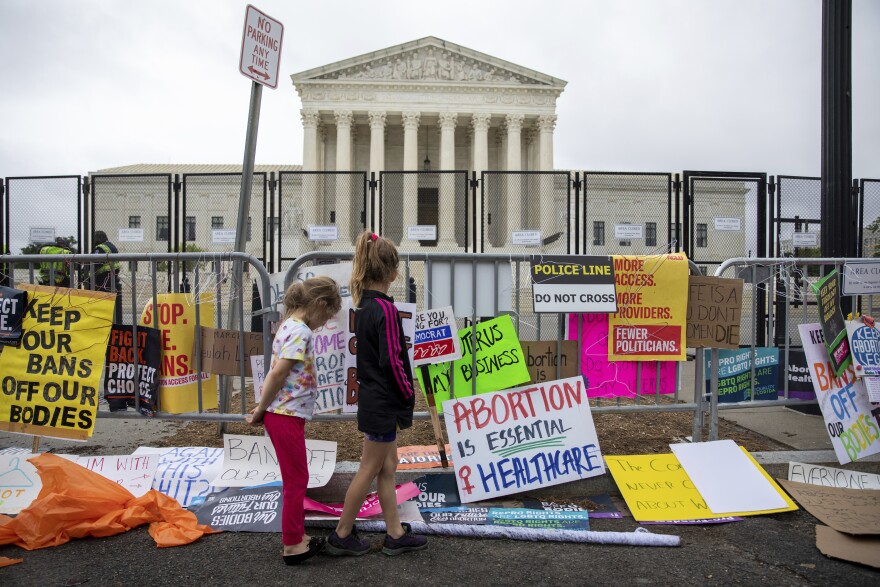A leaked draft opinion from Supreme Court Justice Samuel Alito revealed that the court is likely to overturn the 50-year-old protections of abortion rights granted under the 1973 Roe v. Wade case.
If it is overturned, how would that affect Hawaiʻi law?
"It won't change the abortion law of Hawaiʻi. It will just mean that the abortion law of Hawaiʻi could be changed because if Roe v. Wade is overturned, then there is no constitutional right to access to an abortion," said William S. Richardson School of Law Professor Andrea Freeman.
"Taking away Roe v. Wade means that it's actually up to the states, instead of there being a federal constitutional law that applies to everyone in every state. So the states that don't want legal abortion won't have it. And those that do — like ours — will," Freeman told HPR.
The Roe v. Wade decision in 1973 set a legal precedent. That means it is considered the authority for deciding subsequent cases involving similar facts or legal issues.
For abortion to be outlawed in Hawaiʻi, the state Legislature would need to pass a bill to codify it into law.
Thousands of miles from Washington, Hawaiʻi was the first state to make abortion access legal in 1970.
Local civil rights and discrimination attorney Elizabeth Fujiwara credits then-Gov. John A. Burns and state Sen. Vincent Yano with early passage of the bill allowing abortion in the islands. She said they were clear about the separation of church and state.







